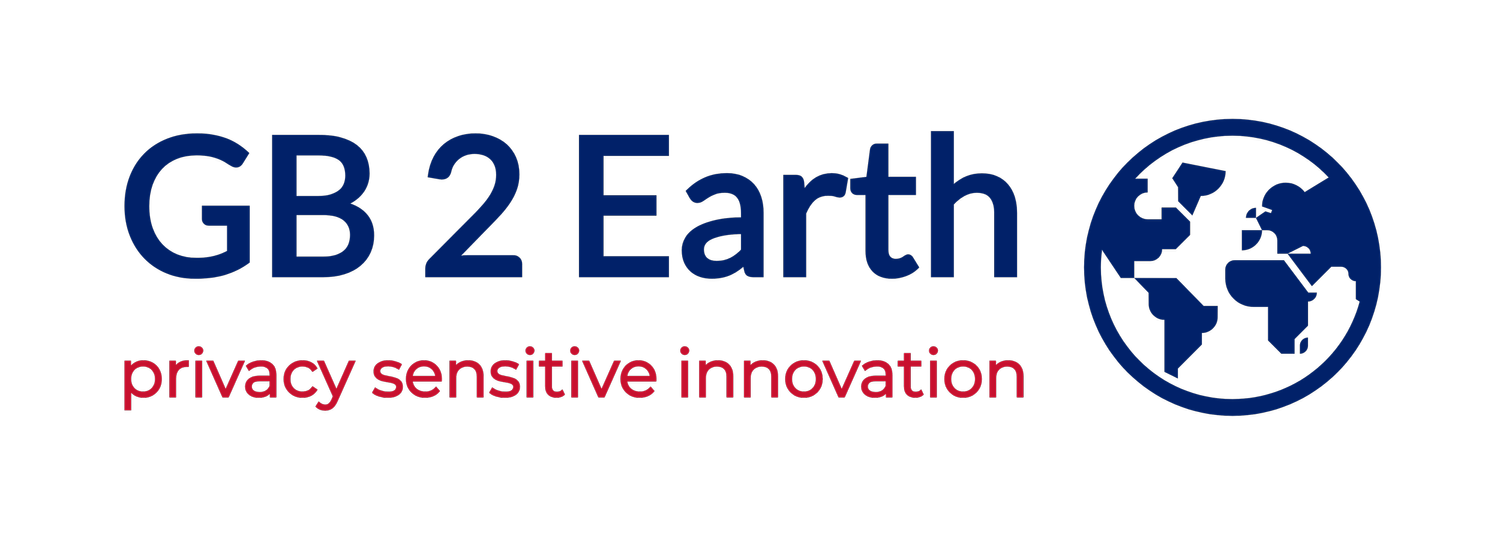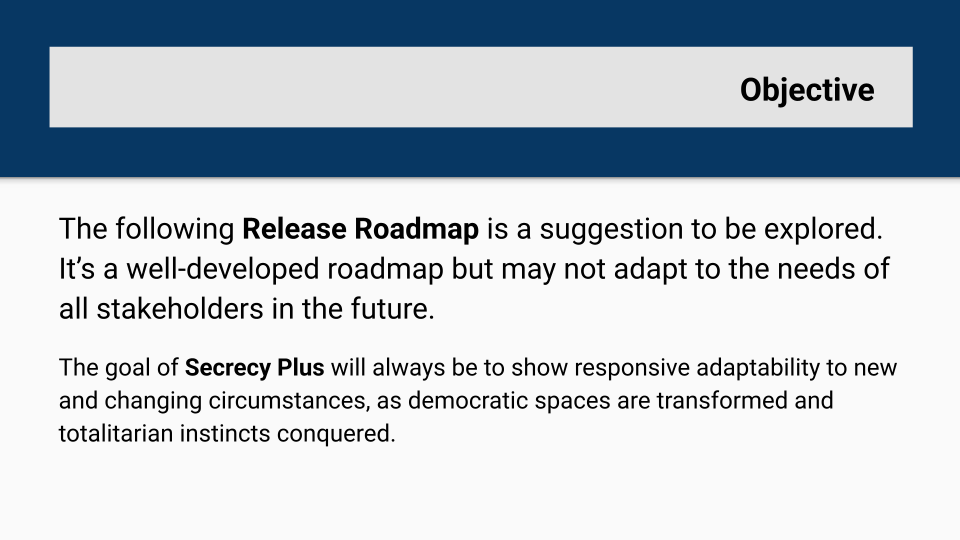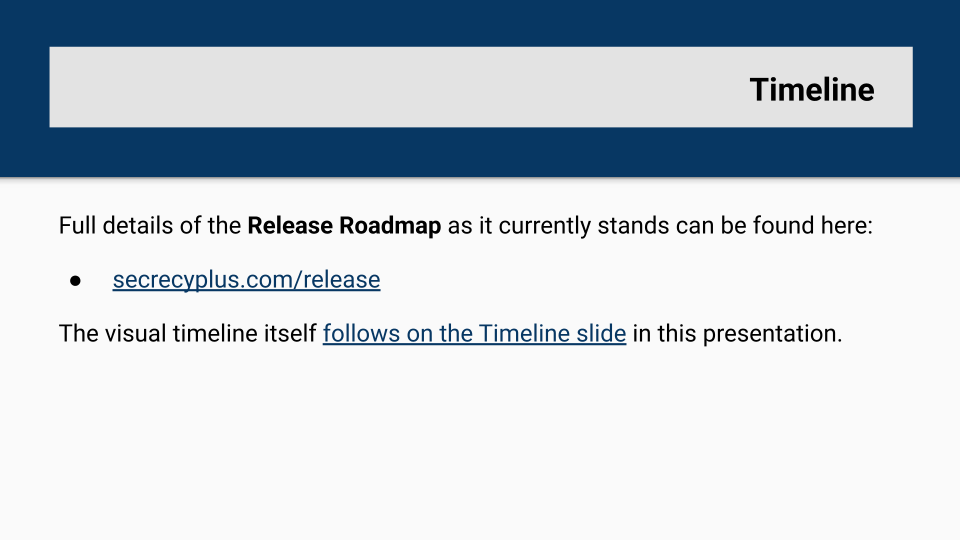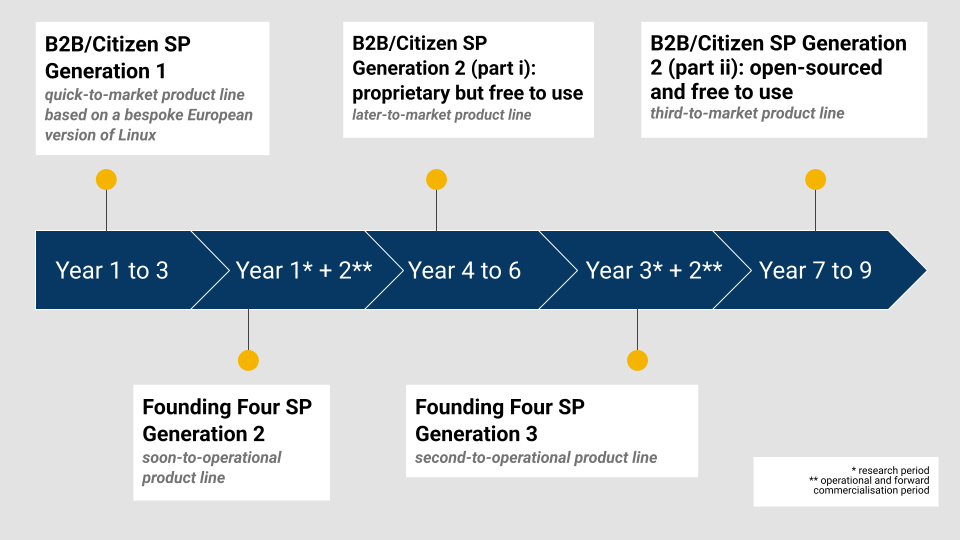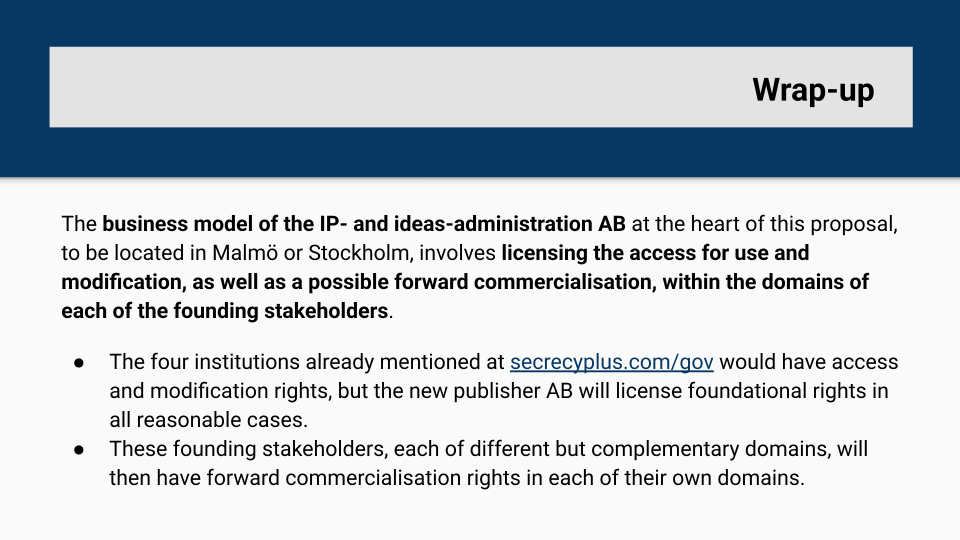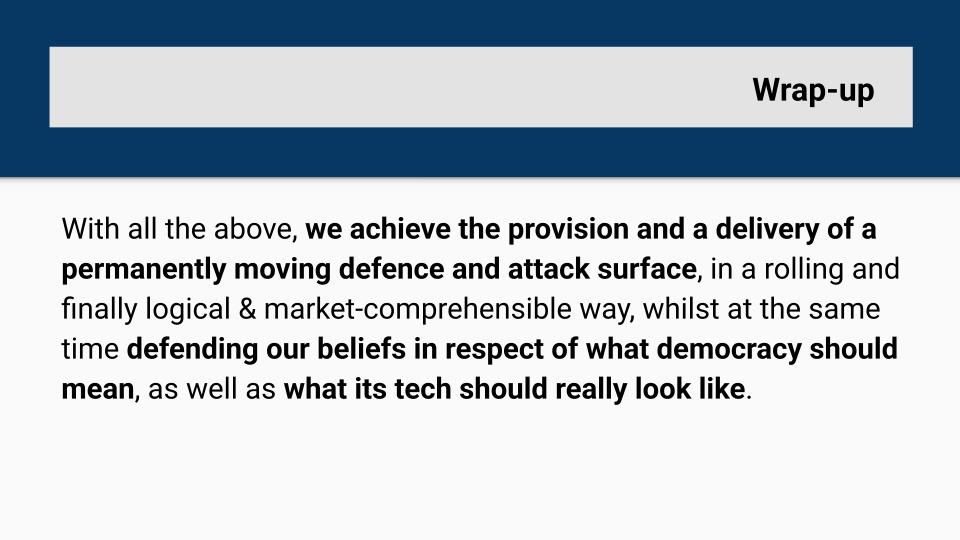How to make a cyber-soldier (maybe)
A friend told me this anecdote just yesterday:
I looked it up.
Wittgenstein was a student of Russell at Cambridge and gave him a draft of his Philosophicus Tractatus to read. Russell knew it was ground-breaking but admitted he could make neither head nor tail of it. Wittgenstein said to him, "Don't worry, Professor Russell. You'll NEVER understand it!"
What you need is what Wittgenstein perhaps never found.
I thought this absolutely brilliant.
It made my evening.
That, and something someone else said about me which I am not at liberty to discuss here.
But for sure served to inform the above.
Let me start with a story you know, and then focus on the bit you'd probably never guess.
I was put in a kind of prison for one month in the summer of 2003 in the UK. I was drugged with an anti-psychotic which a university colleague told me in 2016 was absolutely the most zombifying they could've chosen. This drug was called Olanzapine. People didn't recognise me: were really edgy in my presence … even when they did see through it, and into the me that had once been.
Even my cousins, and other close family.
This went on for three years. The option of accusing someone who works in the NHS for clinical negligence lapses in the UK after three years. At this point, the psychiatrist who'd engineered my putting-away then handed me over to a person, another psychiatrist called Dr Angela Forbes, whom I found immensely sympathetic and kindly. She changed my medication immediately. To something called Abilify.
Since then I've been taking both Abilify and an anti-epilepsy drug branded Epilim (the Epilim for most of my life since I started having seizures at the age of ten).
A perhaps fearsome cocktail I'm sure very few people have shared the taking-of over that length of time.
So.
Rewinding back to 2003 again, what I was diagnosed with at the time — and which facilitated my undue incarceration — was schizophrenia: the paranoid kind. I always protested my innocence. I always said it was a misdiagnosis deliberately designed to undermine my potential future capacity to bear witness against criminal and clinical negligence. Designed by the British state and others, too. You know how they might:
https://www.niokvinnor.com/2529/one | on a tech-driven gaslighting on an industrial scale
Well. Here's the thing. I know for sure I have a better brain now at almost 63 than when, for example, I was 26. It's better in every way: I can assure you of this; hand-in-fire assure you.
A cocktail of two mind-altering drugs over two decades now. Permanently altering my brain, even.
WDYT?
My family has many diagnosed examples of neurodiversity these days. One of my sons, for a while now: the diagnosis, quite late on, has changed his experience of life in so many positive ways; then again, some of my siblings; people in the family much younger than me; those older too, even where not diagnosed formally.
But I got the label of schizophrenia. The tragedy, where not evil, of my life’s trajectory. And some of the people who cared to touch me in ways that were clearly designed to hurt me profoundly.
Only ... only … only … recently my sister pointed me in the direction of a fascinating change in medical application: Abilify is also being used to medicate ADHD. Not just an anti-psychotic for scary infirmity. Also an enabler for superskills, perhaps.
Here's the second narrative I bring to this post, as a result.
Let’s imagine that I was never a schizophrenic. And later, I was finally medicated with something which, at the time, actually I was told would literally sharpen my mind, as a schizophrenic.
Even the brand name leads one to see this was the idea: Abilify.
Except that way before others tumbled to the option, I was having my undiagnosed ADHD treated in such a complex but profoundly accidental way that my improvement over the years was seen as a consequence of the drug's efficacy in what I always said was a false case of paranoia, and not in a reality of ADHD I simply hadn’t realised was the case myself.
I've never felt I masked, you see. I always felt I had interesting ways of thinking: that, in fact, instead of masking I channelled whatever these ways had really been.
What, then, if in respect of all the ideas I've been having so intuitively over the past five years or more I've actually been taking a complex pair of pharmaceuticals which have turned me into the sort of thinker that cyber-soldiers and others of necessarily intuitive bent need to become?
I have no training in espionage, but even when much younger thought I saw so much. Why they called me paranoid: why they had to.
That’s what I would say, anyways.
A brain for thinking beyond? As the Wittgenstein quote at the top?
What if I have accidentally become the sort of thinker our democracies now need in the awful awful domains of cognitive, cyber, and hybrid warfare? Thinkers like the poets the CIA used to employ. They did, you know.
Thinkers like Wittgenstein, who could uncover truths which remained so, even when no one else could get their heads around them.
And what if Abilify and Epilim in such bizarre cocktail are the way, over years of controlled and measured but entirely accidental application, to predispose brains to exhibiting a magnified intuition the history of humanity has rarely experienced?
What if then?
How could we know?
